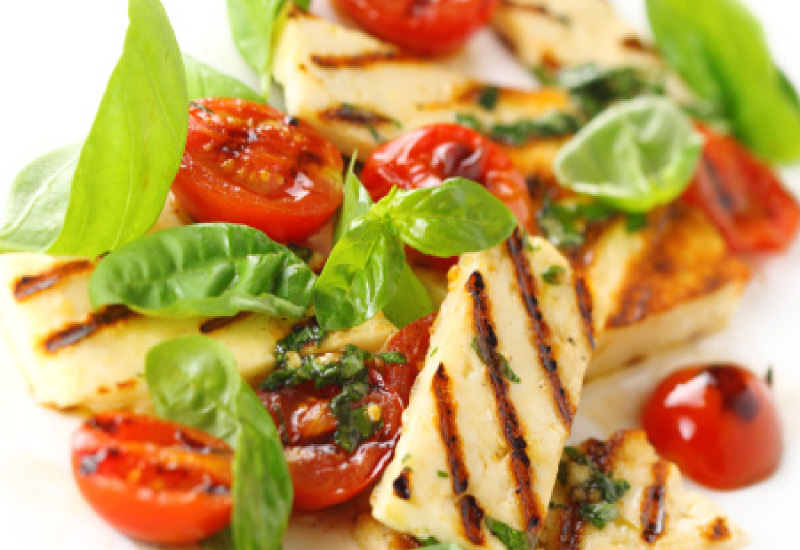Caterer Middle East takes a stroll into the farming world and discovers the latest trends in dairy:
1 Traditional Arab cheeses
When in Rome, do as the Romans do. So when in the Middle East ... use traditional cheeses from the region, of which there are plenty.
Hilton Dubai Jumeirah Residences’ new wine bar, The Grape Escape, supervisor Axel Bertrand says: “As a lover of cheese, it is always interesting to see what characteristics of a region or culture come across in their produce.

| Advertisement |
“Middle Eastern cheeses such as jibneh arabieh or halloumi are real products of the region with a flexibility to use sheep, goat or cow milk, and a basic block mould or brine used to form the cheeses. I think halloumi is very widely used and often popular because of its high melting point which makes it great for grilling.”
Emirates Industry for Camel Milk & Products deputy GM Mutasher Al Badry says the firm produces and sells three different kinds of Arab cheeses using camel milk following traditional recipes.
He says: “According to the GCC Food Report 2011, the growth of dairy consumption in the UAE has been prospected to grow by over 5% until 2015. The role of traditional cheeses such as nabulsi, halloumi and akawi has always been strong on the GCC markets. Even though cheeses from other regions around the globe have entered the regional market, the popularity of the traditional cheeses is still unbroken.”
Celeb chef Silvena Rowe who is a fervent supporter of local dishes says: “I love akawi cheese, and one of my favourite cheeses is jibneh mshallaleh or Syrian string cheese. It’s slightly salty but very much back in vogue. It is a truly dramatic and exciting looking cheese to add to a conventional cheese board.”
Article continues on next page ...









 Search our database of more than 2,700 industry companies
Search our database of more than 2,700 industry companies









